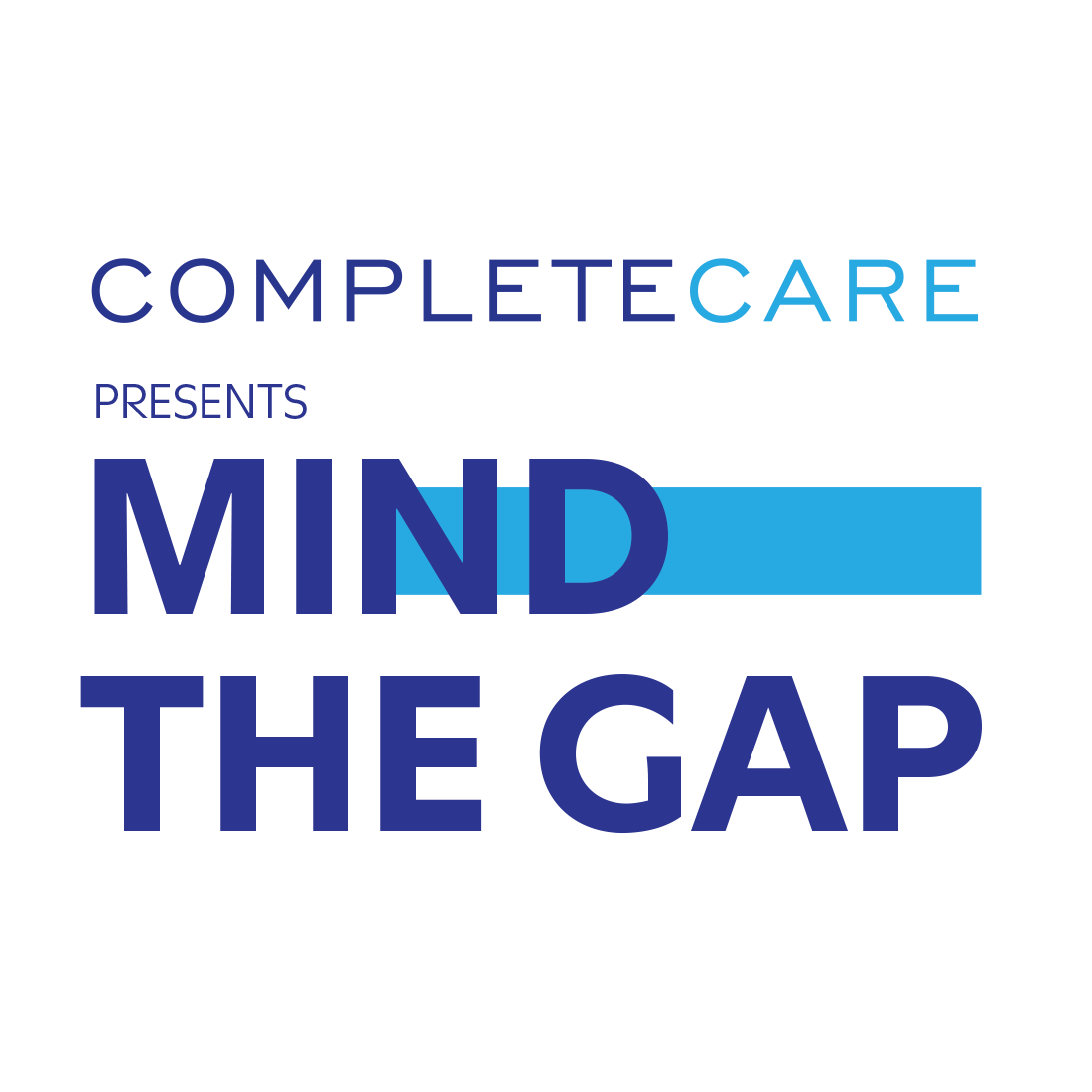
This event has occurred.
MIND THE GAP 2023:
Orchestrating Mental Health Resources Across Care Settings
November 08, 2023, 9am - 3pm
Bell Works, Holmdel, NJ
Proudly Sponsored By
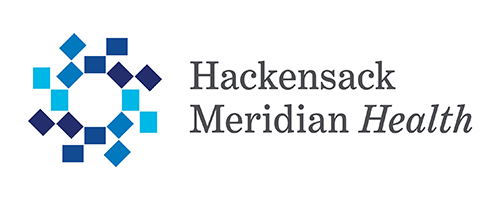
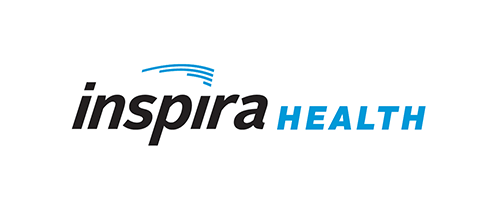
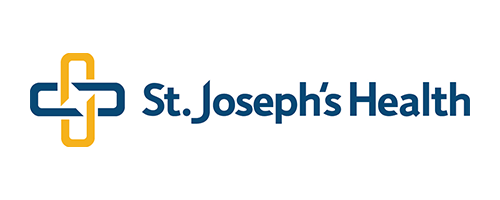
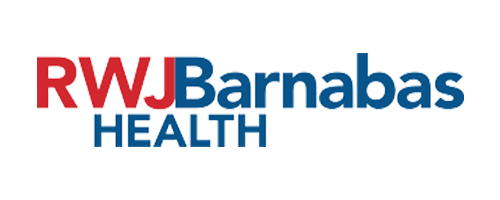
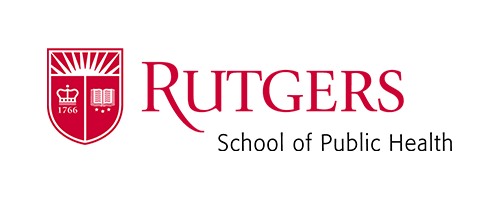
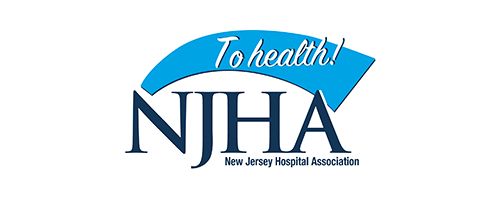
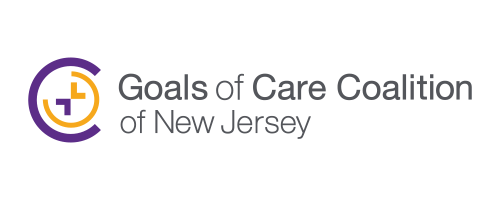
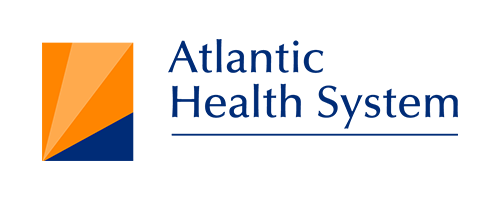
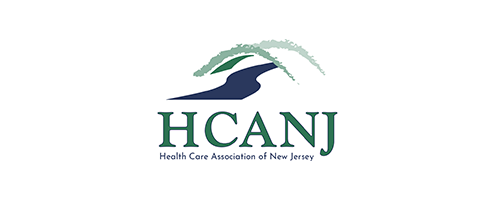
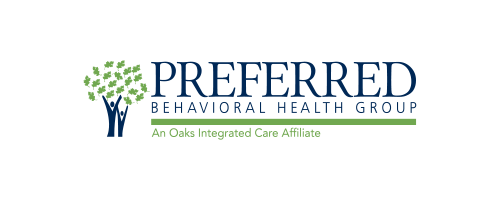
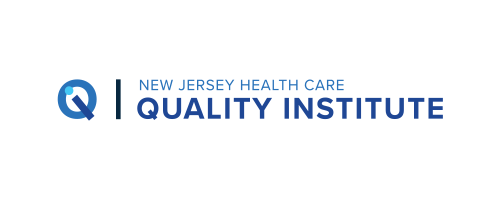
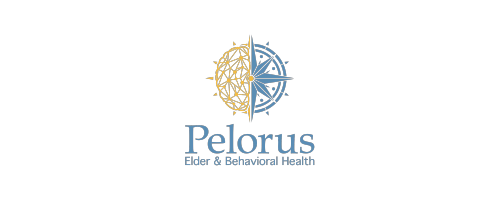





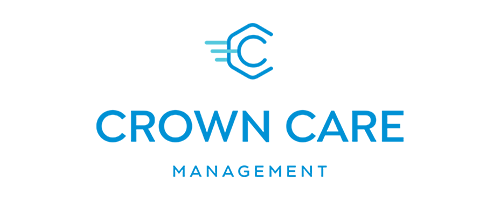





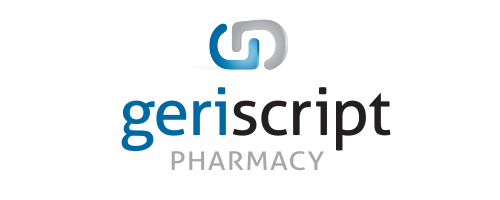







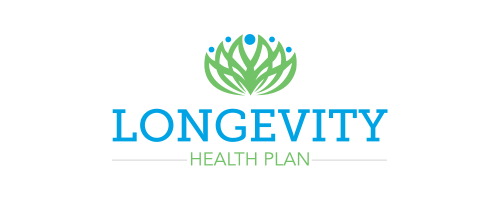



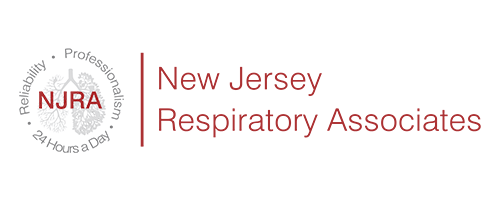






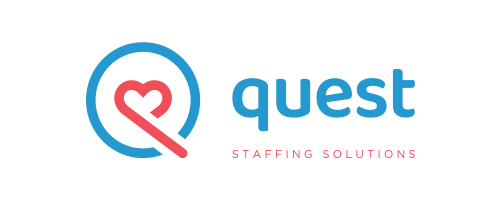
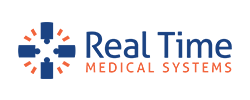
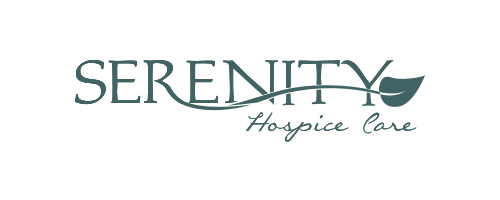






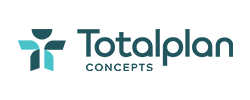
































































































































































Introduction
Care transitions across settings (hospital, institutional settings, and home) are vulnerable exchange points for patients and family caregivers that contribute to higher risk of poor health outcomes. For older adults and individuals with behavioral health concerns, including those with dementia and cognitive disturbance, substance use disorder, and primary psychiatric diagnoses, care transitions are even more challenging, resulting in unmet patient and caregiver needs, increased safety risks, high rates of preventable readmissions, and increased healthcare costs.
Improvement of transitional care remains a complex endeavor requiring attention to the perspectives of the multiple stakeholders engaged in care transitions and the practice of cultural humility.
Participants in this conference will hear from national and state experts regarding the current challenges involved in coordination of care across the health care continuum for individuals with mental health concerns and learn ways to improve communication between health care providers during patient transitions. A focus on person-centered care during transitions between care settings today and in the future will be addressed.
Learning Objectives
-
1.Item Link List Item 1
Define how health system fragmentation and communication failures lead to poor-quality care transitions.
-
2.Item Link List Item 2
Identify outcomes of poor-quality care transitions and how these outcomes affect patients, caregivers, and the health delivery system.
-
3.Item Link List Item 3
Recognize the root causes of health inequities, including racism, ageism and social determinants of health and their impact on transitions of care for older adults and individuals from historically marginalized communities.
-
4.Item Link List Item 4
Describe features of effective transitional care and transitional care interventions.
-
5.Item Link
Identify opportunities to improve transitions of care and implement strategies based on best practices.
-
6.Item Link
Equip learners with the knowledge of core health equity concepts, empowering them to take action and confront injustice experienced during care transitions.
-
7.Item Link
Demonstrate the value of establishing clear goals of care, emphasizing the importance of both written and verbal communication across differing health care settings.
Learning Objectives
-
1.Item Link List Item 1
Define how health system fragmentation and communication failures lead to poor-quality care transitions for individuals with specific behavioral health diagnoses.
-
2.Item Link List Item 2
Identify outcomes of poor-quality care transitions and how these outcomes affect patients, caregivers, and the health delivery system with respect to individuals with mental health concerns including dementia/cognitive disturbance, substance use disorder, and primary psychiatric diagnoses.
-
3.Item Link List Item 3
Describe features of effective transitional care and transitional care interventions focused on behavioral health, including a focus on trauma-informed care.
-
4.Item Link List Item 4
Identify opportunities to improve transitions of care for individuals with behavioral health concerns and individuals with dementia and cognitive changes and implement strategies to improve care based on best practices.
-
5.Item Link
Equip learners with the knowledge of core health equity concepts, empowering them to take action and confront injustice experienced during care transitions.
-
6.Item Link
Demonstrate the value of establishing clear goals of care, emphasizing the importance of both written and verbal communication across differing health care settings.
Who Should Attend?
Physicians, physician assistants, nurses, social workers, case managers, nursing home administrators and staff, chaplains, and others interested in successfully facilitating transitions of care and improving patient outcomes.
Keynote Speakers
Benjamin Miller
PsyD
President, Well Being Trust
National advocate at the intersection of policy and practice, ensuring that mental health and substance misuse solutions are prioritized across the world, Adjunct Professor at The University of Colorado School of Medicine’s Eugene S. Farley, Jr. Health Policy Center and The Stanford School of Medicine’s Department of Psychiatry and Behavioral Sciences

Ben Miller
PsyD
President, Well Being Trust
National advocate at the intersection of policy and practice, ensuring that mental health and substance misuse solutions are prioritized across the world, Adjunct Professor at The University of Colorado School of Medicine’s Eugene S. Farley, Jr. Health Policy Center and The Stanford School of Medicine’s Department of Psychiatry and Behavioral Sciences
Gary Small
MD
Chair of Psychiatry at Hackensack University Medical Center; Behavioral Health
Gary Small, MD is a co-inventor of the first positron emission tomography (PET) scanning method that provides images in living people of the physical evidence of Alzheimer’s disease. In addition to testing compounds that may benefit cognitive abilities and possibly delay the onset of Alzheimer's disease symptoms, Dr. Small has studied and developed lifestyle and memory training programs for improving cognition and healthy aging. Dr. Small has authored over 500 scientific works and received numerous awards and honors, including the American Psychiatric Association’s Weinberg Award for Excellence in Geriatric Psychiatry. Scientific American magazine named him one of the world’s top 50 innovators in science and technology. He is the author of 14 popular books, including The New York Times bestseller, The Memory Bible.

Gary Small
MD
Chair of Psychiatry at Hackensack University Medical Center; Behavioral Health
Gary Small, MD is a co-inventor of the first positron emission tomography (PET) scanning method that provides images in living people of the physical evidence of Alzheimer’s disease. In addition to testing compounds that may benefit cognitive abilities and possibly delay the onset of Alzheimer's disease symptoms, Dr. Small has studied and developed lifestyle and memory training programs for improving cognition and healthy aging. Dr. Small has authored over 500 scientific works and received numerous awards and honors, including the American Psychiatric Association’s Weinberg Award for Excellence in Geriatric Psychiatry. Scientific American magazine named him one of the world’s top 50 innovators in science and technology. He is the author of 14 popular books, including The New York Times bestseller, The Memory Bible.
Accreditation and Credit Designation
In support of improving patient care, this activity has been planned and implemented by American Academy of CME, Inc. and Goals of Care Coalition of New Jersey. American Academy of CME, Inc. is Jointly accredited by the Accreditation Council for Continuing Medical Education (ACCME), the Accreditation Council for Pharmacy Education (ACPE), and the American Nurses Credentialing Center (ANCC), to provide continuing education for the healthcare team.
List of Services
-
Continuing Nursing Education Credits (CNE)Item Link List Item 1
New Jersey State Nurses Association Accreditation Statement:
HRETNJ is an approved provider of continuing nursing education by the New Jersey State Nurses Association, an accredited provider by the American Nurses Credentialing Center’s Commission on Accreditation.
Provisional Provider Number P-131-3/2022.
This activity awards 5.25 nursing contact hours.
-
Continuing Medical Education Credits (CME)Item Link List Item 2
MSNJ Accreditation Statement:
HRET is accredited by the Medical Society of New Jersey to provide continuing medical education for physicians.
HRET designates this online module for a maximum of 5.25 AMA PRA Category 1 Credit(s)™. Physicians should claim only the credit commensurate with the extent of their participation in the activity.
-
LNHA / CALA CreditsItem Link List Item 3
Nursing Home Administrators Licensing Board Statement:
This continuing education program is sponsored/conducted by the Health Research and Educational Trust of New Jersey (HRETNJ) and is in compliance with N.J.A.C. 8:34-7.3 to provide licensed nursing home administrator (LNHA) and certified assisted living administrator (CALA) education credits accepted by the Nursing Home Administrators Licensing Board.
This education activity may only be used for continuing education credit and not to meet academic college credits.
This education activity has been approved for a total of 5.25 LNHA/CALA continuing education credits.
-
Social Work CreditsItem Link
A certificate of attendance is available for this conference.
Academic Co-Sponsors
Corporate Sponsors
Location
Bell Works
101 Crawfords Corner Rd, Holmdel, NJ 07733
Need Help?
Frequently Asked Questions
-
Who can I contact with any questions?
If you have any questions for the team, please reach out to mindthegap@completecaremgmt.com.
-
Is there an event app to use?
Yes! We partnered with Whova, a best-in-class event application. On Whova, you can create your own agenda, network with other attendees, and view important event information. To download Whova, please select your phone below:
© 2022 Complete Care Management. All Rights Reserved.

